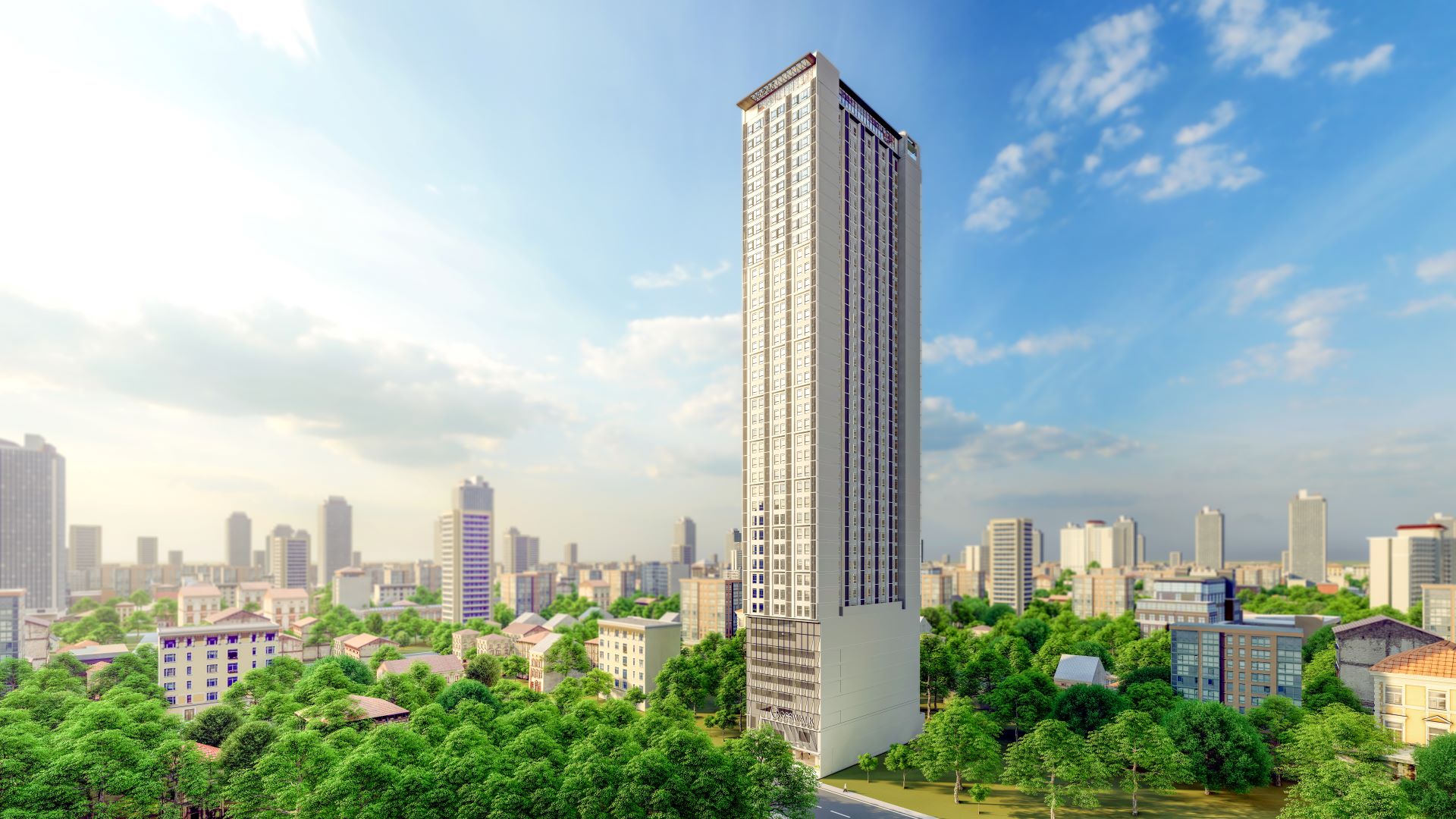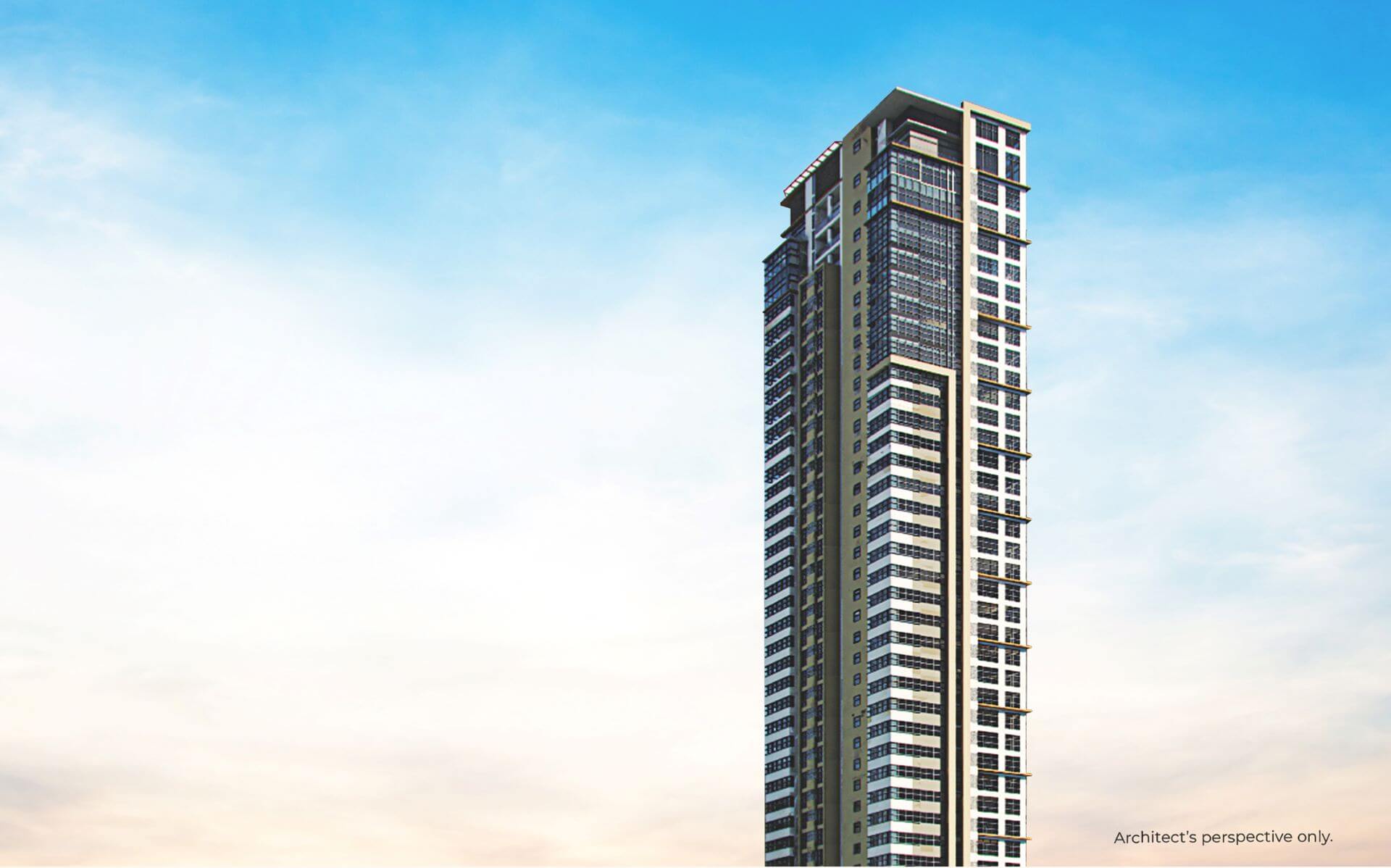Millennial homebuyers are on the rise, making up the largest share of home buyers and investors. While many may consider millennials to be financially insecure and averse to home ownership, research says otherwise, as the majority of millennials consider condo or homeownership to be their top priority.
Who are the Millennial Home Buyers?
Preceded by The Baby Boomers (1945-1964) and Generation X (1961-1979), the Millennial Generation (sometimes also referred to as “Generation Y”) is made up of people born between the years 1980 and 1995. Millennials are now considered as the largest generation in history, with approximately 90 million members. Research has indicated that this generation is characterized by self-confidence, technology, high levels of education, and social connection.
For the Millennial generation, owning a home is not only a wise investment option but also a big part of their dream. However, this generation is known to be waiting longer to buy and it is common for them to live with their parents after college to save money. Living with parents is considered as a good option since many millennials have not yet secured stable jobs immediately after graduating from college. Others say that they are usually closer to their parents relationally, making “moving back home” more of an enjoyable option.
Because of this, millennials have been dubbed “The Boomerang Generation” since there is a high percentage of them moving back in with their parents after college, making 29 the new median age of home purchase.
According to research, about 70% percent of millennials are first-time home buyers who are looking for long-term homeownership. Although they are considered as being noncommittal due to their tendency to get married later in life and shift jobs more often than older generations, millennial home buyers want to secure a home in a safe neighborhood or community which is near schools and business districts that would only require a short commute.
What are the Other Characteristics of the Millennial Generation?
As many people say, millennials have a different outlook in life compared to the older generations. One of which is their view on marriage that is on the decline and becoming less popular. However, there are still a few who choose to get married and are doing so later in life. In most cases, millennial home buyers have traditionally been married prior to purchasing a home.
Meanwhile, when it comes to home maintenance, millennials prefer to spend less on a fixer-upper and invest their money intorecreating the space to match their personality and style, thus the popularity of condominiums to this generation.
Since millennials are known to be digital natives, they always use and refer to their mobile phones when doing extensive research, even on property search. Because millennials were raised in the fast-paced world of technology, where the answer to almost anything can be found in just a few taps on the buttons on their phone. Their digital knowledge makes it easier for them to become natural researchers who are drawn to quick, easy-to-use programs that enable them to work through complicated tasks quickly and efficiently. Whether it is researching restaurants, companies, and travel destinations, they make sure to Google it, look at reviews as well as photos and videos of the things they want to know more about.
What’s positive among millennials is that they know what they want. Majority of millennials take the leap from renting to buying, or they spend some time living with their parents at home to save money prior to purchasing a home. As a result of the time they spend renting or living at home, they have time to narrow down their options and know exactly what they are looking for in a home. Thus, they typically take less time to decide on a property compared to prior generations.
When it comes to the home environment, millennials seek a strong sense of community, which is the opposite of the perception that they are addicted to their phones and have decreased interest in social interaction.
With the increasing number of individuals working from home each year, millennials are inclined to live in neighborhoods that have communal workspaces and cafes where they can work during the day andrestaurants and bars when they can lounge after work.
Because of the rise of technology and being digital natives themselves, millennials refer to virtual reality and property walk-throughs, purchasing homes without actually viewing them in person.
As a result of millennials active social media use, they will most likely be posting about their home buying search throughout the process. This may come in the form of videos, blogging, social media posts, and more – depending on their level of internet engagement.
What Kinds of Homes Appeal to the Millennial Generation?
Modern Design
When it comes to homes, millennials want modern upgrades, high-end appliances, and beautiful lighting. In terms of design though, it may come as a surprise to many that there are millennials who are typically drawn to the style and charm of older designs and are interested in pre-war details, mid-century modern, and Mediterranean style.
Integrated cabinets
Millennials have an eye for fine lines and clean, simple designs. Integrated cabinets in kitchens and bathrooms offer a clean, simple appeal and can make a room appear larger than it is.
Smart home technology
Millennials prefer homes that have any type of smart home technology, whether it be a thermostat or automatic lighting and they also value the importance of sustainability in smart home technology.
According to studies, the oldest segment of millennials (aged 27-36) are big fans of smart home concepts. About 36% of millennials have already purchased a smart home or at least installed smart home products, while 58% of those who have not are interested in doing so.
As a way to protect homeowners against potential power outages and network issues, many houses now come with specialized closets where hubs, routers, servers, security systems, and backup power supplies are housed. A number of homes now are even being prepared with empty conduits in order to provide control and transmission cabling for future technologies.
As many people say, smart homes, with features like water detection, humidity indicators, security systems, freeze detection indicators, and electrical monitoring, can also serve to protect both homeowners and insurers from potential losses. Home insurers will benefit from partnering with smart home technology companies in order to lower risk, and this will likely also result in lower premiums for consumers.
Sustainability
If there’s anything millennials crave more than flexibility and customization, it’s sustainability. It should be no secret that millennials have adopted an energy conscious and sustainable worldview. The great thing is that by outfitting your property with home automation upgrades, you can appeal to both needs and wants.
Surveys have shown that millennials tend to be more environmentally conscious, so it is no surprise that they are the ones driving the green revolution in housing. Because of this trend, solar panels will continue to be more popular on single family homes, each unit with its own battery and power management system. This is likely to result in an increase in insurance premiums, as most homeowners insurance policies cover solar panels.
Residents will have their excess energy distributed throughout the neighborhood in order to sustain the community’s energy needs while also minimizing the impact on the grid. New and more efficient features and appliances will only use the minimum amount of energy required for a given task, reducing home energy usage by as much as 50%. Experts project that this may lead to an electrical energy surplus in less than 10 years!
Earthy tones
Millennials have a great appreciation for the “indoor-outdoor” aesthetic, which makes a home feel as though nature has been incorporated into the interior space. They prefer earthy tones and soft colors such as blues, greens, and browns contrasted with bright hues of red or orange accents are ideal for interiors.
Convenience
Millennials thrive on the ability to access everything they can with their smartphone at any time. The millennial generation grew up in front of screens of various shapes and sizes, able to access information easily at any time and in any place, and they are the fastest growing generation entering the home buyer's market.
Acceptable home
Studies show that millennials are willing to shop for over a year to find an acceptable home. With a desire for both modern home technology and a location that fits their lifestyle, they are quite particular in choosing where to invest their money. However, this is not too surprising considering they just spent 10 years living with their parents in order to save up for their down payment!
Millennials do not have the appetite to buy a home and deal with remodeling it to fit their desires.
Digital home buying experience
Being able to grow up in a digital environment, millennials don’t want to spend days touring homes in person. Instead, they want to shop for homes the same way they shop for everything else they need - online.
In fact, according to a Real Estate in a Digital Age report, 99% of millennials start their home search online and 58% found their current home on a mobile device.
Delayed marriage age, increased college enrollment, job scarcity, and a tendency towards caution have been major factors in this generation’s absence from the real estate market. Millennials may have been late to the real estate market but they’re showing up now with a strong presence, ready, and excited to own a home.
Millennial tastes and habits in home buying are proving to shape the housing market in new and exciting ways. This is one of the reasons why real estate developers are now tapping into these trends quickly or else they will risk missing out on the home purchasing power of a generation.
If you are a millennial looking for your first home, you may want to consider living in a condominium where everything is made convenient and accessible for you. In case you want to invest in a ready for occupancy or pre selling condo unit, you may want to look at the various condo projects of top property developer, Vista Residences.
Vista Residences is the condominium arm of the country’s largest homebuilder, Vista Land & Lifescapes, Inc., which offers ready for occupancy and pre-selling condominium projects in Manila and Quezon City that are strategically located within inner-city areas, in close proximity to premium universities anddeveloped business districts. It also offers condo in Cebu, Bagio, Davao, and in Cagayan De Oro City.
At Vista Residences, unit owners can take advantage of the property’s centrality. The properties of Vista Residences are strategically located near the country’s premium universities and CBDs, making them an attractive investment for both local and foreign investors.
Vista Residences has ready for occupancy condo projects in Manila such as Vista Taft, Vista Heights, Vista GL Taft, 878 Espana, and Crown Tower University Belt. It also has pre selling projects in the said area which include Vista Recto, Plumeria Heights, Tennyson Heights, Bradbury Heights, Sky Arts Manila, and Kizuna Heights.
Meanwhile, its ready for occupancy projects in Quezon City include Wil Tower, the Symphony Towers, Pine Crest, and Vista 309 Katipunan. It also has pre selling condo projects in the said city such as Hawthorne Heights and Vista Pointe.
Living in Vista Residences enables you to enjoy convenience, where everything is pretty much within walking distance or a few minutes away from the property; comfort because the project features and amenities are designed to deliver comfort at all times, which makes condo living a worthy investment; security that is 24/7 and CCTV monitoring, which makes the residents safe and secure within the property.
In line with Vista Residences’ thrust to offer convenience among its residents, it also features an AllDay Convenience Store and Coffee Project in all its projects.
Vista Residences is part of Vista Land’s roster of vertical housing brands that cater to millennials and young professionals. The other vertical brands include Camella Manors, COHO, and Crown Asia.
For more information on Vista Residences, email [email protected], follow @VistaResidencesOfficial on Facebook, Twitter, Instagram, and YouTube, or call the Marketing Office at 0999 886 4262 / 0917 582 5167.









